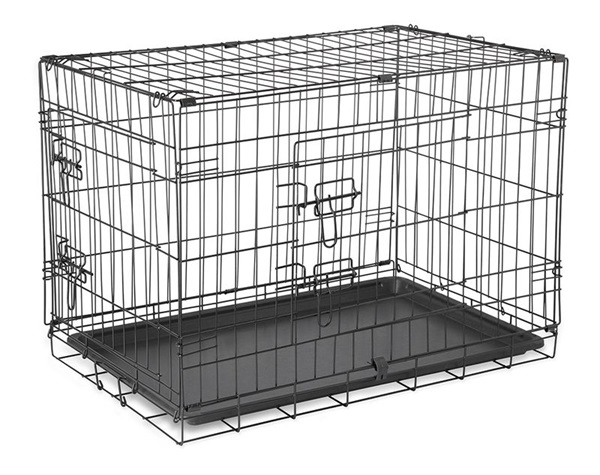
On Thursday 4 October, Luxemburg's Ministry of Agriculture, Food and Viticulture issued a press release reminding the public that bringing dogs, cats and ferrets from a third country into the Grand Duchy of Luxembourg is subject to compliance with specific rules, and any animal whose papers do not comply risks being seized.
As a result, the bringing of dogs, cats and ferrets from a third country must meet the following requirements before being introduced into EU territory:
- Identification by means of an electronic chip.
- Vaccination against rabies: this can be carried out from the age of 12 weeks. At least 21 days must have elapsed between vaccination and departure.
- Animals from countries listed as non-free must undergo a rabies antibody titration test carried out at least 30 days after vaccination. The transport of animals may begin at the earliest three months after the blood test if the result is favourable (> 0.5 IU/ml).
- Clinical examination by an official veterinarian within 48 hours before departure.
- Animals must have a health certificate issued by an official veterinarian.
In this context, Luxembourg's Veterinary and Food Administration (ALVA) was recently informed that a litter of eight dogs from Serbia, a third country not free of rabies, was introduced in a non-compliant manner into Luxembourg. The conditions of the legislation in force concerning animal health and animal welfare were not respected during this introduction. As a result, the public prosecutor's office was informed and ALVA proceeded together with the Grand Ducal police to seize these dogs. The female and her seven puppies were placed in official quarantine with a view to regularising the rabies situation.
ALVA has called for not importing pets from abroad, and encourages anyone who wishes to adopt an animal in a carefully considered manner to give priority to an animal that is in an asylum (rescue centre) in Luxembourg.
For more information, see https://agriculture.public.lu/de/tiere/haustiere-pferde/reisebestimmungen.html








